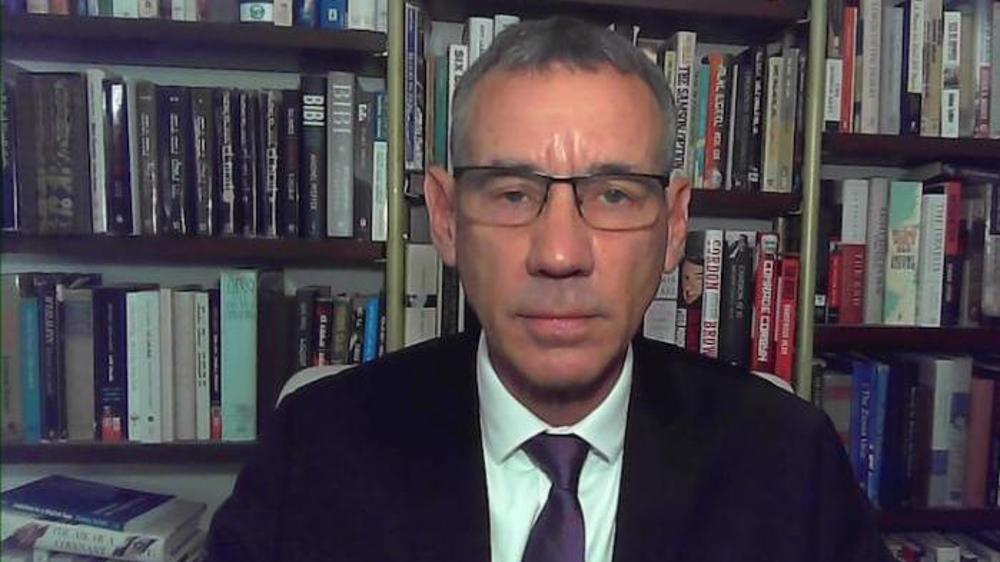Australian voters fail to give incumbent PM outright majority in embarrassing outcome
A dramatic parliamentary election has failed to produce a clear winner in Australia, raising the prospect of prolonged political and economic instability.
The result is a blow to Prime Minister Malcolm Turnbull, who had dissolved both houses of the parliament and called for snap elections confident that his ruling coalition would clinch an outright win.
That prospect proved too ambitious, as people gave the ruling coalition even fewer votes than its arch-rival Labor Party in an embarrassment for Turnbull.
After a host of postal votes were added to running totals on Sunday, his Liberal/National coalition had 65 seats compared to Labor’s 67, the Greens one and independents four.
That leaves 13 seats still too close to call, with 76 needed for a majority in the 150-seat House of Representatives.
Turnbull now faces the prospect of having to deal with independents and minor parties to stay in power after the near three percent swing away from the government. This is while he dissolved both houses of the parliament in May in an attempt to oust the independents in the Senate who opposed his economic plan.
The incumbent premier had also ousted fellow Liberal then-Prime Minister Tony Abbott in a party coup last September.
A final outcome is not expected until Tuesday, with millions of postal and absentee votes yet to be processed. Experts say these traditionally favor the incumbent.
So it seems that, at least for now, Australian politics is in a state of limbo.
VIDEO | Press TV's news headlines
Iranian satellites launched into space as private sector debuts in space industry
VIDEO | Iran, Azerbaijan conduct joint maritime rescue operations
VIDEO | Yemen’s Red Sea divide: Naval forces block Israeli-linked ships in strategic ‘parting of the water’
VIDEO | Southern Gaza: Israel’s facade for famine and suffering
VIDEO | IOF hampering humanitarian aid
VIDEO | Sharmahd: Justice Done
Iran repeatedly warned Israel not to test its will: FM














 This makes it easy to access the Press TV website
This makes it easy to access the Press TV website